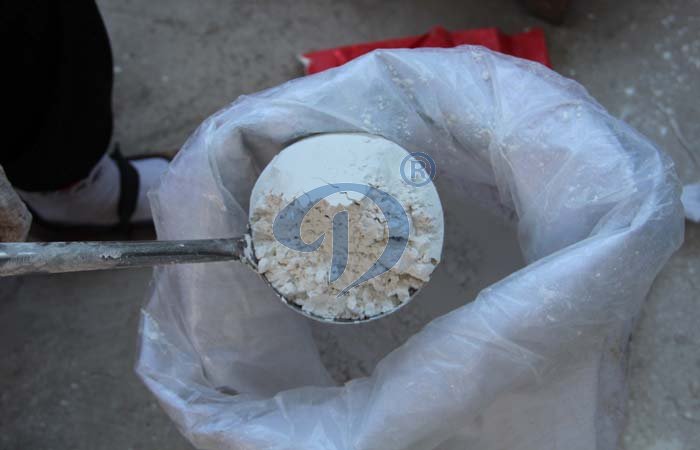What does the research say about the Health Benefits of Consuming RS(Resistant Starch)?

Starch
Preferentially feeds “good” bacteria responsible for butyrate production. It even promotes greater butyrate production than other prebiotics. Since the resident gut flora produce the butyrate, and everyone has different levels of the different flora, the degree of butyrate production varies according to the individual, but resistant starch consistently results in lots of butyrate across nearly every subject who consumes it. Butyrate is crucial because it’s the prime energy source of our colonic cells (almost as if they’re designed for steady exposure to butyrate!), and it may be responsible for most of the other RS-related benefits.
Improves insulin sensitivity. Sure enough, it improves insulin sensitivity, even in people with metabolic syndrome.
Improves the integrity and function of the gut. Resistant starch basically increases colonic hypertrophy, making it more robust and improving its functionality. It also inhibits endotoxin from getting into circulation and reduces leaky gut, which could have positive ramifications on allergies and autoimmune conditions.
Lowers the blood glucose response to food. One reason some people avoid even minimal amounts of carbohydrate is the blood glucose response; theirs is too high. Resistant starch lowers the postprandial blood glucose spike. This reduction may also extend to subsequent meals.
Reduces fasting blood sugar. This is one of the most commonly mentioned benefits of RS, and the research seems to back it up.
Increases satiety. In a recent human study, a large dose of resistant starch increased satiety and decreased subsequent food intake.
May preferentially bind to and expel “bad” bacteria. This is only preliminary, but there’s evidence that resistant starch may actually treat small intestinal bacterial overgrowth by “flushing” the pathogenic bacteria out in the feces. It’s also been found to be an effective treatment for cholera when added to the rehydration formula given to patients; the cholera bacteria attach themselves to the RS granules almost immediately for expulsion.
contact us
- Do you want to buy machine?
- Yes, I want to buy machine
- No, I want to learn more in advance.
- What is your raw material?
- Cassava
- Potato
- Sweet potato
- Other:
- What is the final product you want to produce?
- Chips
- Flour
- Starch
- What is the final product you want to produce?
- Garri
- Cassava flour
- Cassava starch
- Cassava chips
- Attiekie
- Bammy
- Other:
- What is your planned capacity for final product?
- <1 ton per day
- 1 ton per day
- 2 tons per day
- 3 tons per day
- 3-10 tons per da
- 10-20 tons per day
- >20 tons per day
- What is the usage of your cassava chips?
- Food usage (like fried chips, flour)
- Industrial usage (like animal feeds, ethanol)
- What is your planned capacity for final product?
- <5 ton per hour
- 5-10 tons per hour
- >10 tons per hour
- What is your planned capacity for final product?
- <500 kg per hour
- 0.5-5 ton per hour
- 5-10 ton per hour
- >10 ton per hour
- What is your planned capacity for final product?
- <300 kg per hour
- 300-1000 kg per hour
- 1-5 ton per hour
- 5-10 ton per hour
- >10 ton per hour

 Call us
Call us Chat online
Chat online
